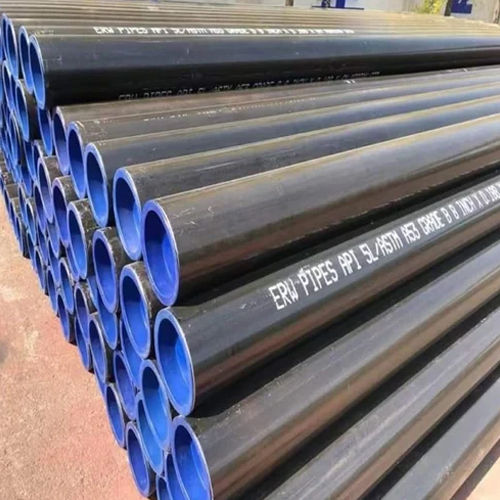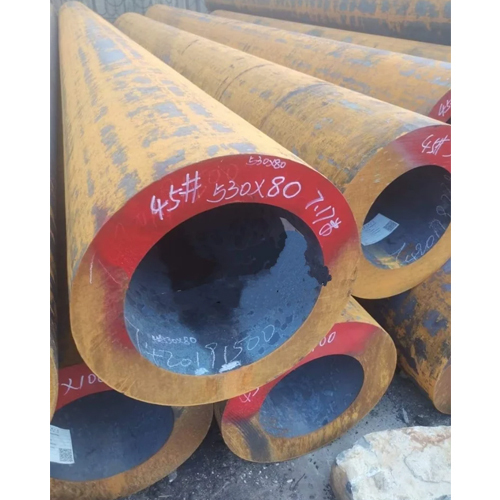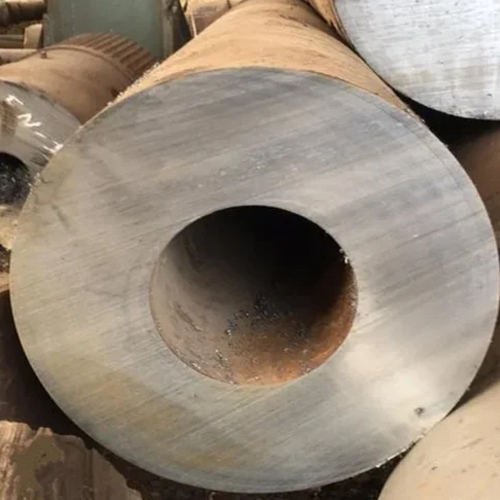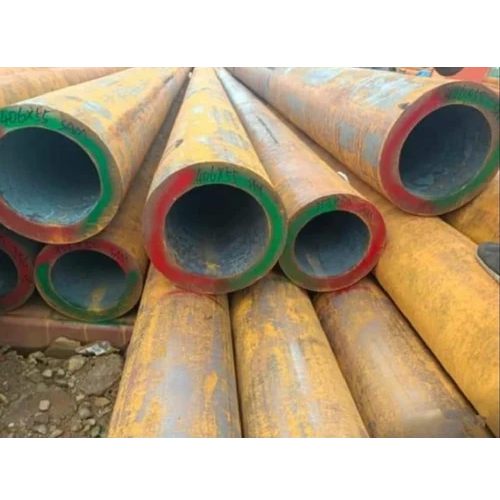
Jindal Ms Black ERW Pipe
Product Details:
- Application Construction Structure Pipe Oil Pipe Fluid Pipe Hydraulic Pipe Boiler Pipe Gas Pipe
- End Protector Plastic Pipe Cap
- Feature High quality
- Material Mild Steel
- Product Type Mild Steel Pipes
- Type Welded
- Shape Round
- Click to View more
Jindal Ms Black ERW Pipe Price And Quantity
- 100 Kilograms
- 75 INR/Kilograms
Jindal Ms Black ERW Pipe Product Specifications
- Construction Structure Pipe Oil Pipe Fluid Pipe Hydraulic Pipe Boiler Pipe Gas Pipe
- Mild Steel
- Welded
- Hot Rolled
- 6 Meter (m)
- Plastic Pipe Cap
- ERW
- All Size
- Other
- High quality
- Round
- Mild Steel Pipes
Jindal Ms Black ERW Pipe Trade Information
- Cash Advance (CA) Cash in Advance (CID) Cash Against Delivery (CAD) Cash on Delivery (COD) Cheque
- 5000 Kilograms Per Month
- Days
- Yes
- Sample costs shipping and taxes has to be paid by the buyer
- Asia
- All India
- Mill T.C./ Lab T.C.
Product Description
Jindal Black Pipe refers to black steel pipes produced by Jindal, a prominent manufacturer in the steel industry. These pipes are widely used in various applications due to their strength, durability, and cost-effectiveness. Here's a detailed description:
Jindal Black Pipe Description
1. Material
- Composition Made from carbon steel, with a carbon content typically up to 0.3%. This composition gives the pipe good strength and machinability while remaining cost-effective.
- Finish The term "black pipe" refers to the pipe's appearance due to its dark, oily coating from the manufacturing process. This coating provides a level of protection against corrosion during storage and transportation.
2. Manufacturing Process
- Production Jindal black pipes are usually produced by hot-rolling or cold-rolling processes. These processes involve forming steel into pipes either through extrusion, welding, or seamless methods.
- Seamless vs. Welded
- Seamless Made from a solid billet of steel that is heated and formed into a pipe without welding. This type is stronger and more reliable for high-pressure applications.
- Welded Produced by rolling steel sheets into a cylindrical shape and welding the seam. Suitable for general-purpose applications but may have weaker points at the weld.
3. Shape and Dimensions
- Shape Cylindrical with a hollow, round cross-section.
- Diameter Available in a range of outer diameters, from a few millimeters to several inches.
- Thickness Varies depending on the application, from thin-walled to thick-walled options.
- Length Typically supplied in standard lengths, such as 6 to 12 meters (20 to 40 feet), but custom lengths are available.
4. Properties
- Strength Offers good tensile and yield strength, suitable for a variety of applications where high strength is required.
- Corrosion Resistance Black pipes have limited corrosion resistance due to the lack of a protective coating. They may need additional treatment or coating for use in environments exposed to moisture or corrosive elements.
- Weldability Generally easy to weld, which makes them suitable for various construction and manufacturing applications.
5. Applications
- Construction Used for structural purposes, such as supports, frames, and scaffolding.
- Plumbing Commonly used for water and gas pipelines in residential and commercial plumbing systems.
- Industrial Employed in machinery, equipment, and infrastructure for transporting fluids and gases.
- Automotive Utilized in automotive components and other manufacturing processes.
6. Finishes and Coatings
- Surface Finish The "black" finish is typically a result of the pipe being coated with a protective layer during manufacturing. However, additional coatings or treatments may be applied for enhanced protection.
- Coatings May be coated or painted as needed to improve corrosion resistance and durability, especially for outdoor or exposed applications.
7. Standards and Compliance
- Standards Manufactured according to industry standards such as ASTM (American Society for Testing and Materials) or IS (Indian Standards), ensuring consistent quality and performance.
- Certification Quality certifications may be available, indicating compliance with specific performance and safety standards.
8. Advantages
- Cost-Effective Generally more affordable compared to stainless steel and other specialty pipes.
- Versatility Suitable for a wide range of applications due to its strength, durability, and ease of fabrication.
- Availability Widely available in various sizes and dimensions to meet diverse requirements.
Jindal Black Pipes are valued for their reliability, strength, and cost-effectiveness, making them a popular choice for numerous industrial, construction, and plumbing applications.






 Send Inquiry
Send Inquiry Send SMS
Send SMS Call Me Free
Call Me Free